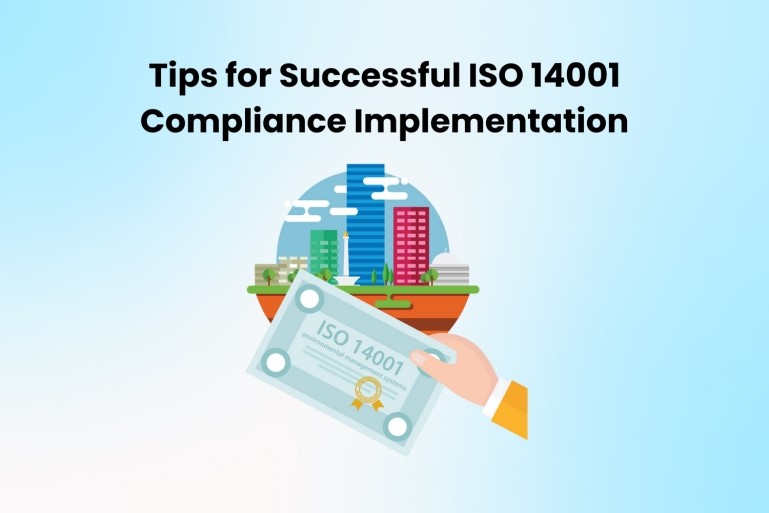If you’re a car enthusiast, you know that a car’s performance is not just about horsepower and torque. It’s also about the wheels and tires that you choose to use on your ride. Upgrading your wheels and tires can improve your car’s handling, acceleration, and overall performance. In this article, we’ll explore how to upgrade your car’s performance with the right wheels and tires.
Know What You Need
Before you start looking for wheels and tires, it’s important to know what you need. This includes the size and type of products that are compatible with your car. You can find this information in your car’s owner’s manual or by consulting a professional mechanic.
Choose the Right Size
Choosing the right size of Products is crucial for your car’s performance. The size of your wheels affects the overall diameter of your tires, which affects your speedometer reading, odometer reading, and acceleration. If you choose a larger diameter wheel, you will need to select a tire with a shorter sidewall to maintain the same overall diameter.
Additionally, the width of the wheel and tire combination can also affect the performance of your car. Wider tires can provide better traction, but they can also create more drag, which can reduce your car’s fuel efficiency. It’s important to balance your need for performance with your desire for fuel efficiency.
Choose the Right Material
The material of your wheels can also affect your car’s performance. Aluminum alloy wheels are popular because they are lightweight and durable, which can improve your car’s acceleration and handling. However, if you plan to drive in rough terrain, steel wheels may be a better choice because they are more durable.
Choose the Right Tread
The tread of your tires is also important for your car’s performance. If you plan to drive in wet or snowy conditions, you may want to choose tires with a deeper tread pattern. This can improve your car’s traction and handling in slippery conditions. If you plan to drive on dry roads, tires with a shallower tread pattern may be a better choice because they provide better contact with the road surface.
Consider Performance Tires
Performance tires are specifically designed to improve your car’s performance. They are made with a softer rubber compound, which can provide better grip and handling. However, performance tires tend to wear out faster than regular tires, so they may not be the best choice for daily driving.
Invest in Quality
Finally, it’s important to invest in quality wheels and tires. Cheap products may seem like a good deal, but they can actually cost you more in the long run. Cheap tires tend to wear out faster, which means you will need to replace them more often. Cheap wheels may also be more likely to crack or break, which can be dangerous.
The role of wheels and tires in car performance
Wheels and tires play a crucial role in determining the overall performance of a car. They are responsible for everything from how the car handles on the road to how quickly it can accelerate and stop. Let’s take a closer look at the specific ways that products affect a car’s performance:
Handling and Cornering
The products are responsible for providing the necessary grip and traction for a car to turn, corner, and maneuver on the road. The design and construction of the tire tread pattern can greatly impact the handling of the car. A wider tire can provide more contact with the road surface, which can improve the car’s cornering ability. Similarly, a tire with a more aggressive tread pattern can provide better grip in wet or slippery conditions.
Acceleration and Braking
The wheels and tires also play a critical role in a car’s acceleration and braking. The size and weight of the wheels can impact the car’s ability to accelerate quickly. A lighter wheel can reduce the amount of energy required to move the car forward, while a larger wheel can help provide more grip for better acceleration.
Similarly, the type and quality of the tires can have a significant impact on a car’s braking performance. Tires with a softer rubber compound can provide better grip and stopping power, while harder tires can take longer to come to a complete stop.
Fuel Efficiency
The wheels and tires can also impact a car’s fuel efficiency. A heavier wheel or tire can cause the engine to work harder to move the car, which can lead to reduced fuel efficiency. Additionally, tires with a more aggressive tread pattern can create more friction with the road surface, which can also reduce fuel economy.
Ride Comfort
The wheels and tires also contribute to a car’s overall ride comfort. A tire with a taller sidewall can provide a smoother ride by absorbing more bumps and vibrations on the road. However, a tire with a shorter sidewall can provide better handling and performance, especially in high-performance vehicles.
Conclusion
Upgrading your car’s performance with the right wheels and tires is a great way to improve your driving experience. However, it’s important to choose the right buy wheels and tires and check size, material, tread, and quality for your specific needs. By following these tips, you can choose the perfect products for your car, and take your driving experience to the next level.










